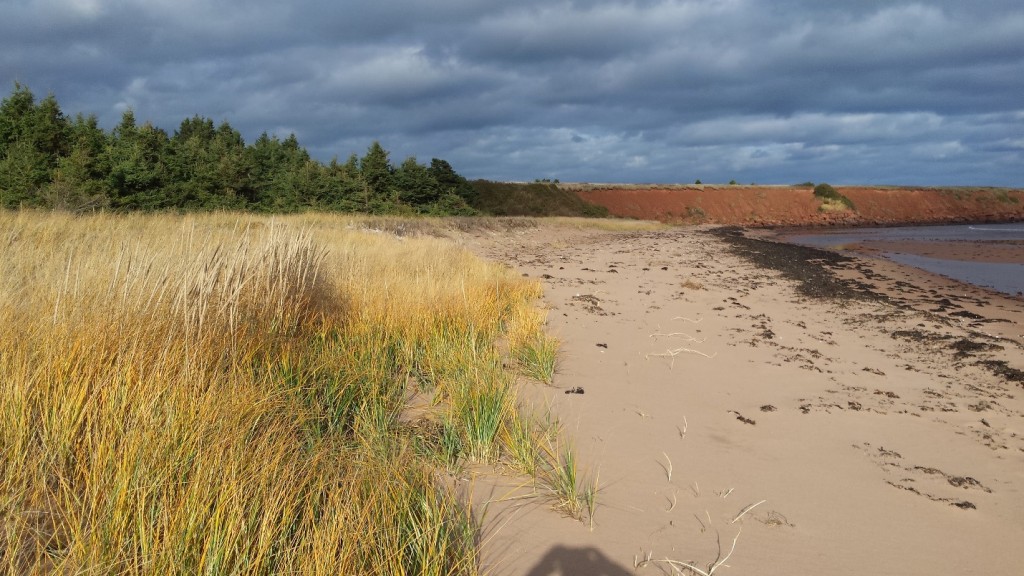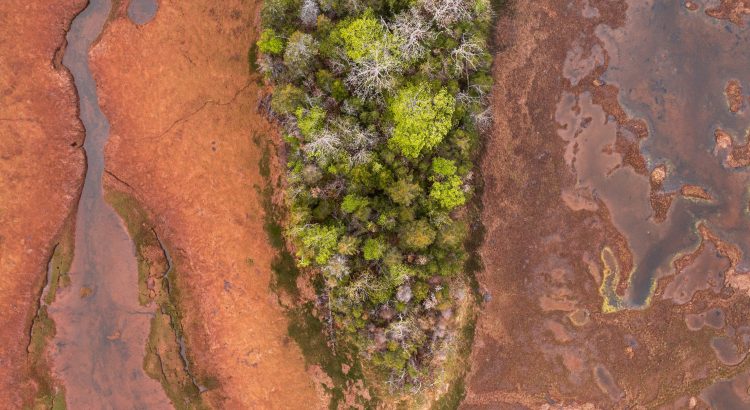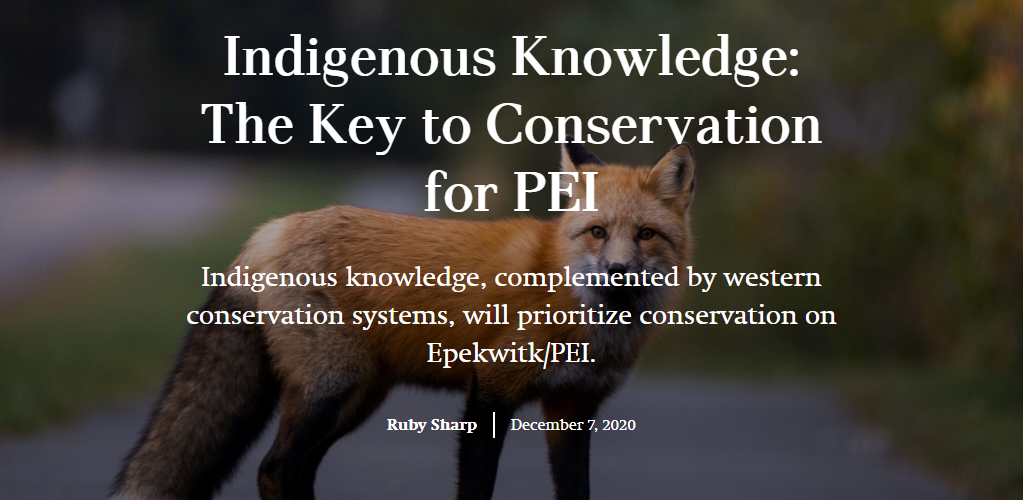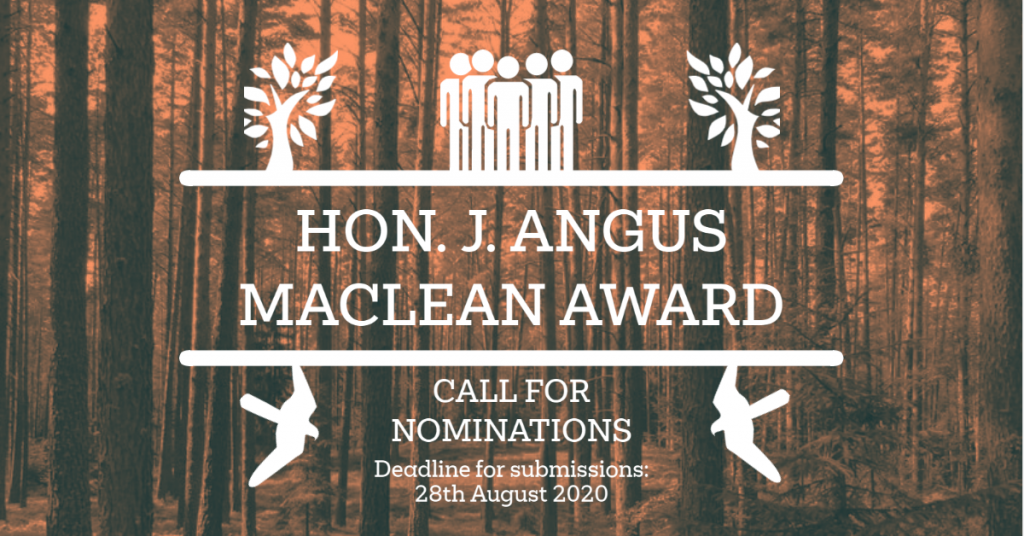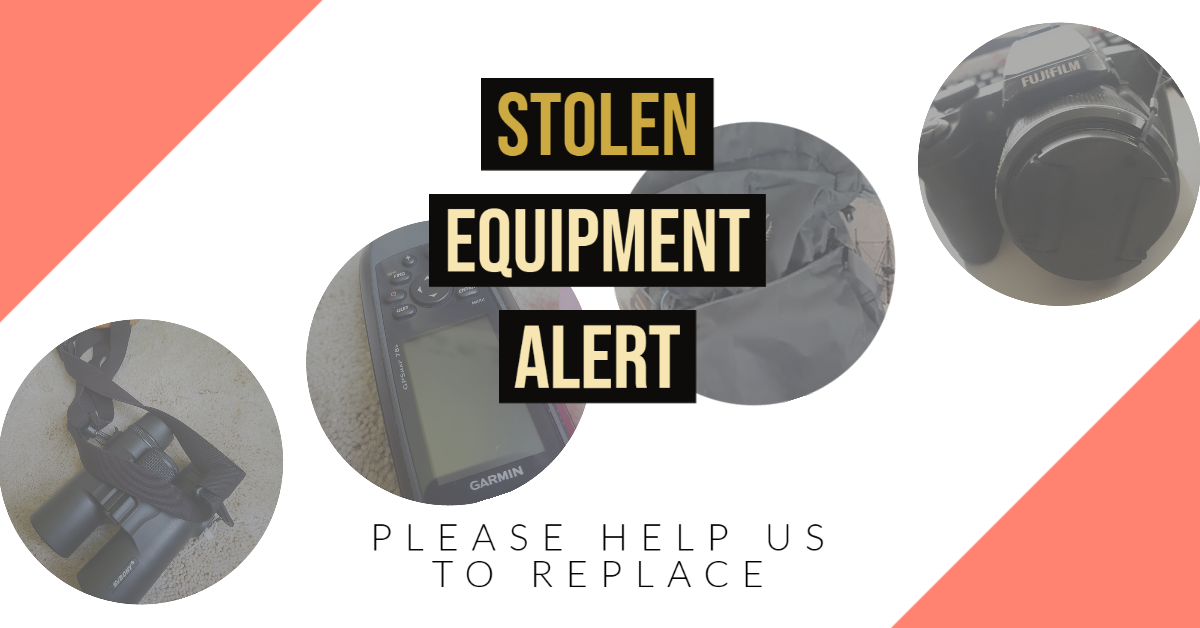Four new Directors named to the Board and search for new Executive Director begins
Island Nature Trust is a non-profit, membership driven, private registered charity dedicated to the permanent protection of natural areas on Prince Edward Island.
On Thursday, the organization held its Annual General Meeting in Charlottetown. It was an occasion to thank members and those who donated land and financial support to the Trust, as well as to present the way forward for the Island-led non-profit that has acquired and protected environmentally vulnerable land since 1979. For Island Nature Trust, the way forward includes greater community engagement, an improved rate of land acquisition and a new approach to stewardship.
The board, staff and general members of Island Nature Trust spoke to an escalation in the pace of change on PEI, both from development and climate perspectives. This creates a growing sense of urgency to protect an integrated, robust network of natural areas to serve future generations of Islanders.
To better face the challenges ahead, the current Executive Director, Megan Harris, will move into a strategic role focused on acquisition and stewardship. The Trust will now begin the search for a new Executive Director, a position that will now emphasize organizational growth and development.
The organization’s strategic renewal was also accompanied by the nomination of four new Directors to the board of Island Nature Trust.
Marie-Ann Bowden – During her career at the College of Law, University of Saskatchewan, Marie-Ann actively pursued research and teaching in the areas of environmental law, property and water law. Since retiring Professor Emeritus from the College, she has returned to PEI and has joined the Board of the Upton Farmlands Trust and helped secure a new Water Act with her colleagues at the Coalition for the Protection of PEI Waters.
Tyler Coady – Tyler is a Canadian Armed Forces Veteran who has obtained a B.A. Psychology (Honours) at UPEI and an M.A. Military Psychology at Adler University, Chicago. He has several published research articles and has a strong background in behavioural sciences. Combined with work in peer support and crisis negotiations, Tyler helps other veterans reconnect with nature.
Roger E. Coffin – Roger spent 20 years in the private sector as a manager and entrepreneur, followed by a career in the public sector that included business support and aerospace recruitment. Roger has been involved with outdoor organizations mainly in the areas of hunting and fishing. Roger is a life member of Margaree Salmon Association, Miramichi Salmon Association and now Island Nature Trust.
Gordon MacKay – Gordon, who has practiced law since 1980, comes to the Island Nature Trust with extensive personal and professional volunteer experience. He has served as a Commissioner on the Judicial Review Commission (PEI), the Treasurer of the Law Foundation of Prince Edward Island, and President of the Federation of Law Societies of Canada. He has also chaired the Red Cross Multi-Sport Relay and the Prince Edward Island United Way Campaign, as well as the Inspire fundraising campaign of the University of Prince Edward Island.
“This is an important time for Island Nature Trust and our newly named Board members will compliment the current board’s skill set to implement the new strategic plan as we work toward an even brighter future for the natural areas in our province.”, said June Jenkins Sanderson, President of Island Nature Trust.
In addition to the naming of new Board members, the Trust also awarded the 2020 Hon. J. Angus MacLean Natural Areas Award to nominee Ms. Jeanne Maki. Ms. Maki has spent her adult life working to safeguard one of PEI’s most important and threatened ecosystems: our forests. As a testament to her dedication, she recently designated close to 100 acres of woodlands in the Pinette-Belfast area as protected natural area under the private stewardship option of the PEI Natural Areas Protection Act.
Quick Facts
- The Island Nature Trust was created in 1979.
- The Trust is governed by a volunteer Board of Directors who provide the strategic direction and priorities for the organization.
- The Trust is committed to environmentally and socially responsible management of natural areas on PEI.
- The Trust is a key provider of technical, science-based knowledge on land stewardship and wildlife on PEI for landowners, governments and partner environmental groups.
Ben Russell – Communications Manager ben@islandnaturetrust.ca
Megan Harris – Executive Director exdir@islandnaturetrust.ca
